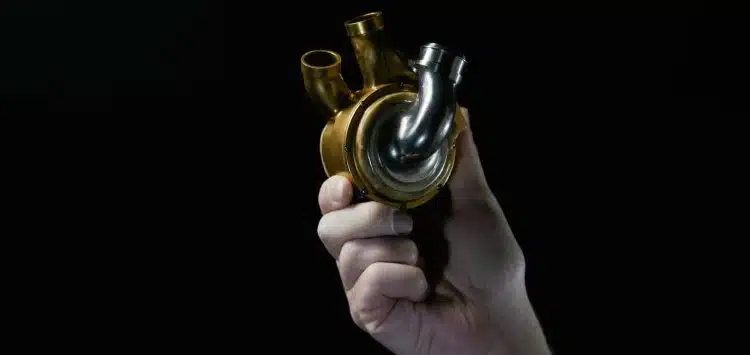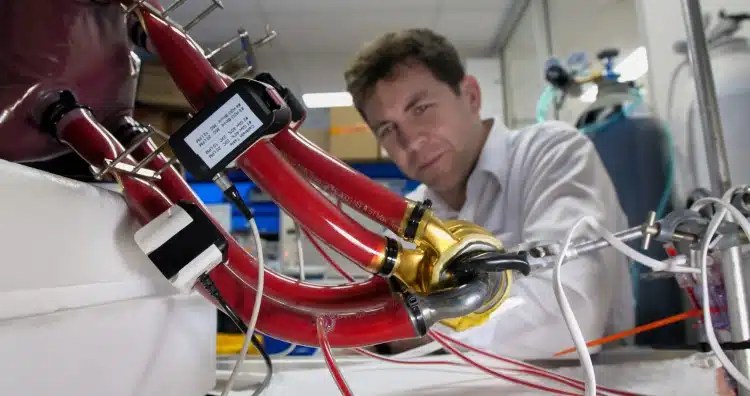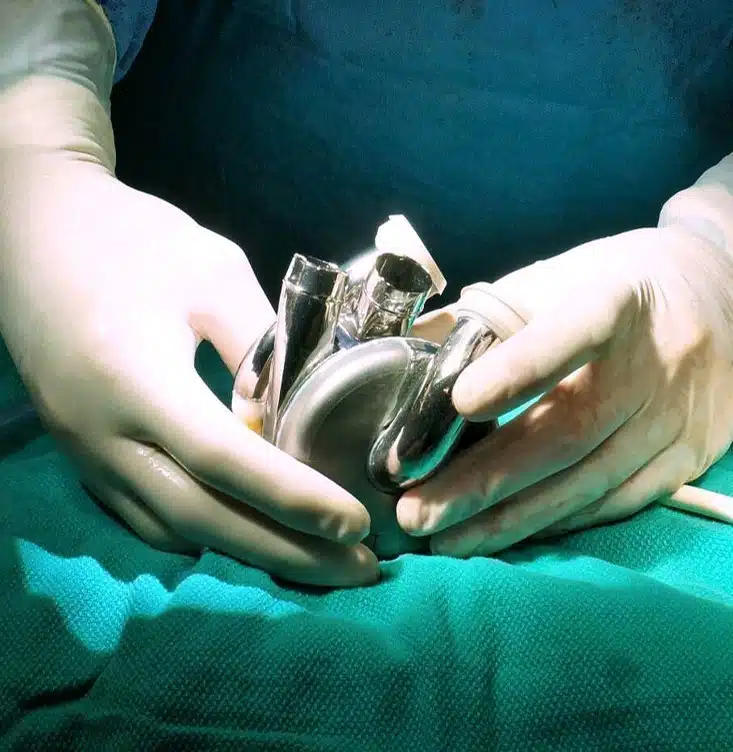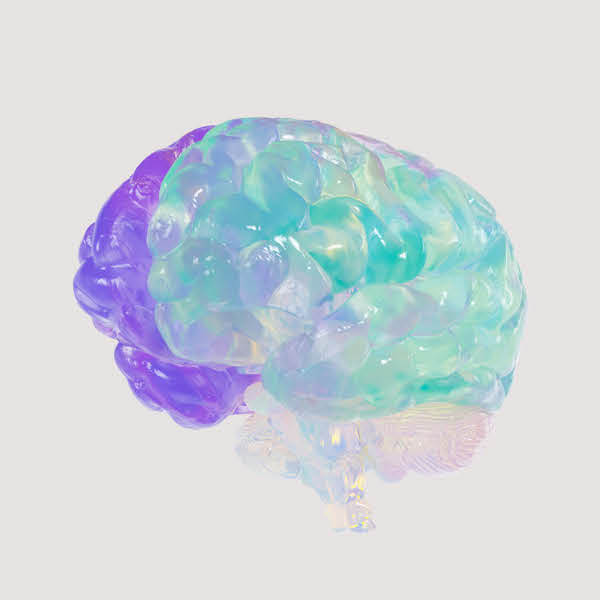
The idea of a mechanical heart might seem like a plotline from a science fiction movie, but the Texas Heart Institute (THI); BiVACOR®, a clinical-stage medical device company; Baylor St. Luke’s Medical Center; and Baylor College of Medicine have made it a reality. The group has just announced the first successful in-human implantation of the BiVACOR Total Artificial Heart (TAH).
Designed to help those with end-stage heart failure, it effectively pumps blood through the body using a magnetically levitated rotor. The compact design doesn't include valves, which makes it more durable and less prone to wear and tear. The titanium heart is operated by a smart controller that lets it adapt to a patient's activity level, even allowing them to exercise, thanks to its ability to pump up to 3 gallons (12 liters) per minute through the lungs and body.
The implantation occurred as part of an FDA-approved feasibility study. The study is testing the usability of the mechanical heart for people experiencing severe heart failure where traditional devices are not recommended. The goal is to allow these people a higher quality of life while they await a heart transplant.

“I’m incredibly proud to witness the successful first-in-human implant of our TAH,” shares Dr. Daniel Timms, founder and chief technology officer of BiVACOR. “This achievement would not have been possible without the courage of our first patient and their family, the dedication of our team, and our expert collaborators at The Texas Heart Institute.
“Utilizing advanced MAGLEV technology, our TAH brings us one step closer to providing a desperately needed option for people with end-stage heart failure who require support while waiting for a heart transplant.”
According to the World Heart Federation, heart failure of the world's leading cause of hospitalization and affects more than 64 million people around the globe. Though heart failure is treatable, more than half of people diagnosed with it die within five years due to lack of treatment. This makes devices like the TAH even more critical, as they can provide a bridge in care.
“With heart failure remaining a leading cause of mortality globally, the BiVACOR TAH offers a beacon of hope for countless patients awaiting a heart transplant,” said Dr. Joseph Rogers, president and chief executive officer of THI and National Principal Investigator of the research.
After this first successful surgery, four more patients will also receive the implant in a bid to see if it can be safely rolled out to a wider audience and gain full FDA approval.
Physicians have successfully implanted the BiVACOR Total Artificial Heart in a human for the first time.

All images via BiVACOR.
Related Articles:
Innovative Device Makes it Easier Than Ever to Find a Patient’s Veins
Metal Lungs Design Uses Algae To Convert Carbon Dioxide Into Oxygen
Scientists Use Brain Implants to Help Patients Regain Their Independence
Paralyzed Patients Walk and Swim Again After Receiving a Spinal Cord Implant






















































































